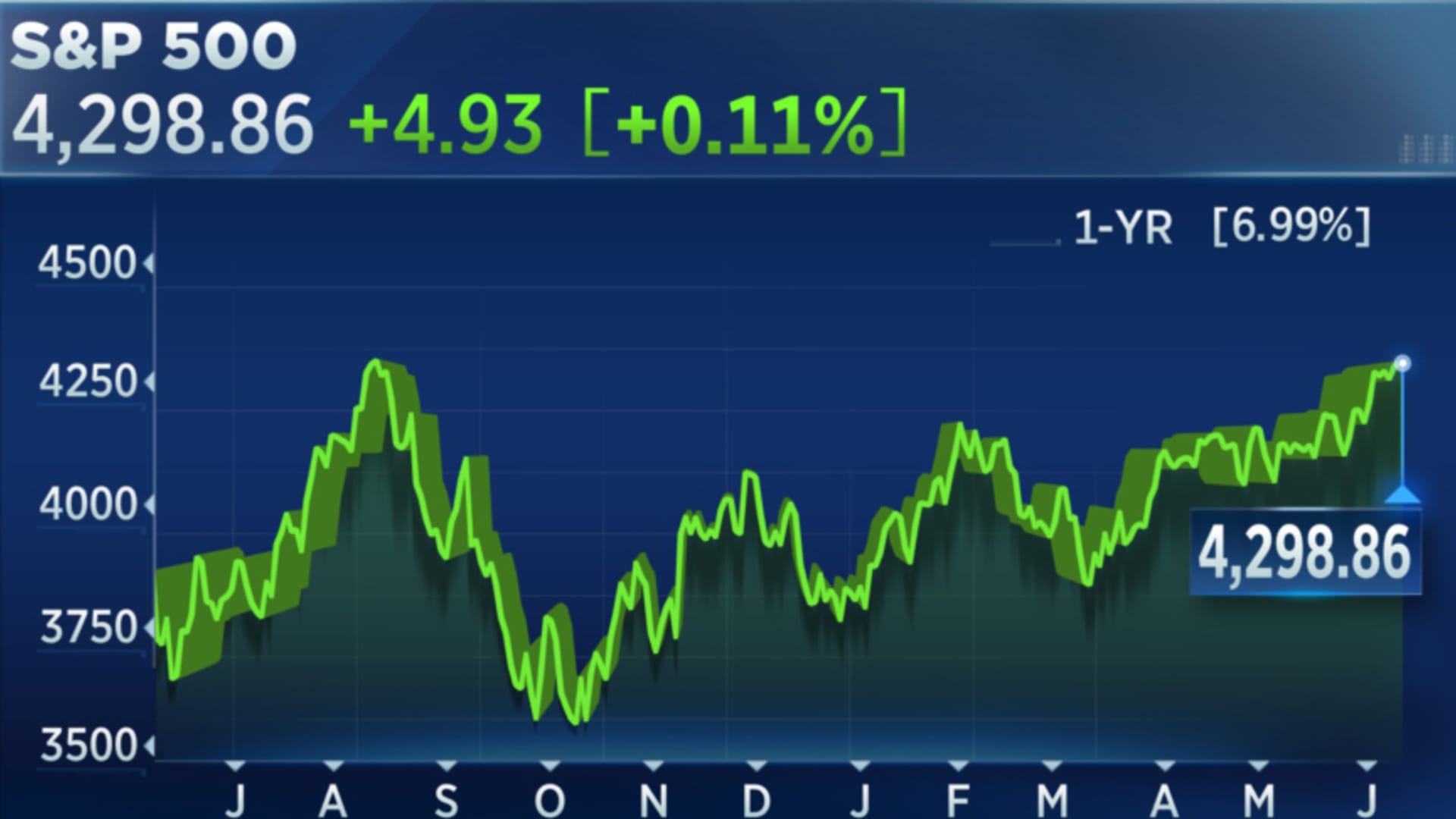WhatsApp Spyware Litigation: Meta's $168 Million Penalty And Ongoing Challenges

Table of Contents
The NSO Group and the Pegasus Spyware
At the heart of the WhatsApp spyware scandal lies the NSO Group, an Israeli cyberintelligence company. NSO Group developed Pegasus, a highly advanced spyware capable of infiltrating smartphones without the user's knowledge or consent. This "zero-click exploit" allowed the spyware to access a victim's messages, photos, location data, and even their microphone and camera. The NSO Group's actions directly targeted WhatsApp users, leveraging a vulnerability in the platform to deploy Pegasus.
The legal battle between Meta (WhatsApp) and the NSO Group was intense, focusing on the methods used to compromise WhatsApp users’ devices. The methods used included:
- Exploiting a vulnerability in WhatsApp's call feature: A malicious call to a targeted user would initiate the spyware installation.
- Zero-click exploitation: The spyware could install itself without the user needing to take any action, such as clicking a link or opening a malicious file.
- Data exfiltration: Once installed, Pegasus would systematically extract vast amounts of data from the infected device.
This sophisticated attack highlighted a critical vulnerability in WhatsApp's security and raised serious concerns about the potential for widespread surveillance and abuse. The resulting WhatsApp vulnerability forced Meta to take swift action to patch the flaw and mitigate further damage. Keywords: NSO Group, Pegasus spyware, WhatsApp vulnerability, zero-click exploit.
Meta's $168 Million Penalty: Legal Ramifications and Implications
The fallout from the WhatsApp spyware scandal resulted in a significant settlement between Meta and the Federal Trade Commission (FTC). Meta agreed to pay a $168 million penalty to resolve allegations that it violated consumer protection laws by failing to adequately protect user data from the NSO Group's spyware attack.
This $168 million penalty represents a substantial financial burden for Meta, but its implications extend far beyond the monetary aspect. The settlement:
- Sets a precedent for future data breach cases and the liability of companies for failing to adequately protect user data.
- Highlights the increasing regulatory scrutiny of technology companies' data security practices.
- Significantly impacts Meta's reputation and the trust users have in the security of their WhatsApp accounts.
The FTC's action, along with similar investigations by other international regulatory bodies, underscores the growing importance of data privacy regulations and the potential consequences of failing to comply. Keywords: $168 million penalty, FTC settlement, WhatsApp data breach, regulatory fines, data privacy regulations.
Ongoing Challenges and Future Implications for WhatsApp Security
Despite the settlement and the patching of the vulnerability, the WhatsApp spyware litigation exposes ongoing challenges for Meta in ensuring the platform's security. The vulnerability of messaging apps to sophisticated spyware attacks remains a significant concern.
The incident significantly eroded user trust and confidence in WhatsApp's security. To rebuild trust and mitigate future risks, Meta needs to implement stronger security measures, including:
- Enhanced data encryption: Improving end-to-end encryption protocols to make data more resilient against unauthorized access.
- Proactive vulnerability detection and patching: Investing in robust security testing and rapid response mechanisms to address vulnerabilities before they can be exploited.
- Improved user education: Equipping users with the knowledge and tools to recognize and avoid phishing attacks and malicious software.
This incident also highlights the urgent need for stronger legislation and international cooperation to regulate the development and use of spyware, particularly by private companies like the NSO Group. Future regulations must address the ethical implications of surveillance technology and ensure the protection of user privacy. Keywords: WhatsApp security, data encryption, messaging app security, user privacy, future regulations, cybersecurity threats.
Conclusion: Learning from the WhatsApp Spyware Litigation and Moving Forward
The WhatsApp spyware litigation, culminating in Meta's $168 million penalty, serves as a stark reminder of the ongoing threat of sophisticated spyware attacks and the paramount importance of strong data privacy and cybersecurity measures. The incident underscores the vulnerability of messaging apps and the need for greater user awareness of the risks involved. Moving forward, it is crucial for both technology companies and users to actively engage in protecting data privacy. Stay informed about data privacy issues, advocate for stronger regulations, and choose platforms committed to robust security practices to prevent future incidents of WhatsApp spyware and similar attacks on messaging platforms. Learn more about online security best practices at [link to a relevant resource, e.g., a government cybersecurity website].

Featured Posts
-
 Ai In Public Service Palantirs Partnership With Nato And Its Implications
May 10, 2025
Ai In Public Service Palantirs Partnership With Nato And Its Implications
May 10, 2025 -
 Elon Musks Net Worth Falls Below 300 Billion Tesla Troubles And Tariff Impacts
May 10, 2025
Elon Musks Net Worth Falls Below 300 Billion Tesla Troubles And Tariff Impacts
May 10, 2025 -
 Brian Brobbeys Strength A Nightmare For Europa League Opponents
May 10, 2025
Brian Brobbeys Strength A Nightmare For Europa League Opponents
May 10, 2025 -
 Nigeria Among Countries Facing Uk Visa Restrictions Due To Overstays
May 10, 2025
Nigeria Among Countries Facing Uk Visa Restrictions Due To Overstays
May 10, 2025 -
 Live Stock Market Updates China Tariffs And Uk Trade Deal Fallout
May 10, 2025
Live Stock Market Updates China Tariffs And Uk Trade Deal Fallout
May 10, 2025
